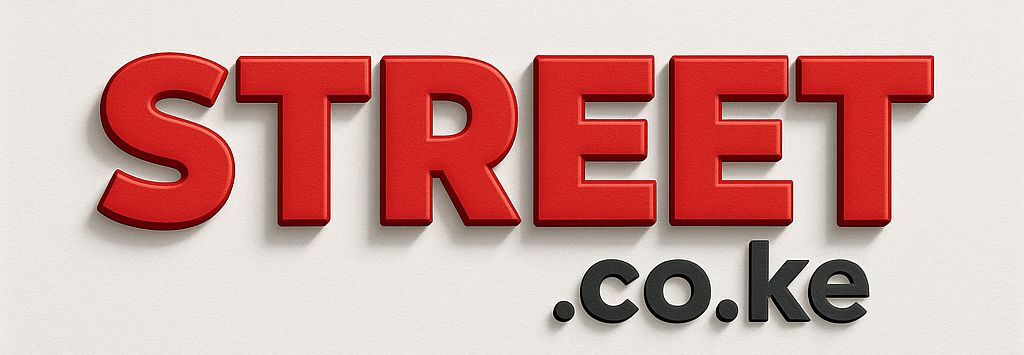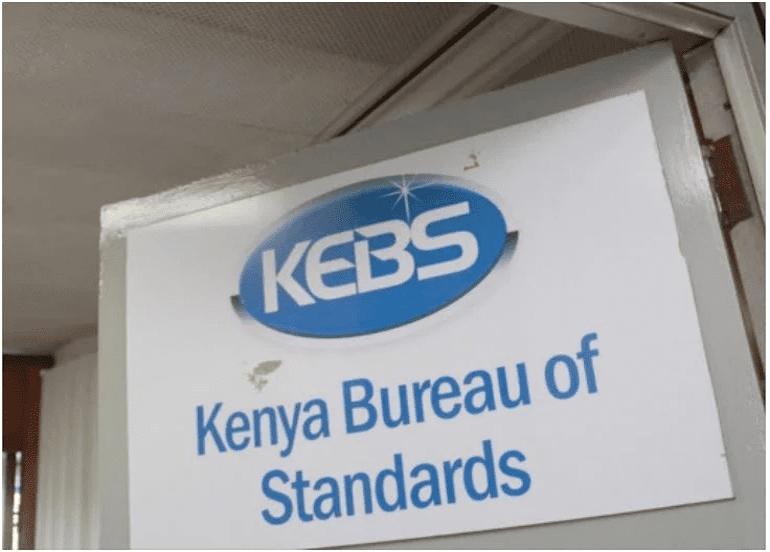The Kenya Bureau of Standards (KEBS) has proposed a new Standards Levy Order, 2025, which has ignited heated discussions among manufacturers, lawmakers, and small business owners across the country. The proposal, currently under review by the National Assembly’s Committee on Delegated Legislation, introduces a 0.2% monthly levy on the customs value of manufactured goods and services, excluding VAT, excise duty, or discounts. The levy is capped at KSh4 million annually for the next five years, with plans to increase it to KSh6 million by 2030.
Concerns Over Fairness and Impact on SMEs
The proposal has drawn sharp criticism, particularly for its potential to disproportionately affect Micro, Small, and Medium Enterprises (MSMEs). Lawmakers, during a session on August 5, 2025, chaired by Ainabkoi MP Samuel Chepkonga, argued that the KSh4 million cap could unfairly burden smaller manufacturers while favoring larger firms with higher turnovers. Critics, including parliamentarians and industry stakeholders, have pointed out that companies producing goods worth billions would pay the same capped levy as smaller businesses, creating an uneven playing field.
Posts on X reflect public sentiment, with some users warning that the levy could exacerbate the cost of living crisis and reduce Kenya’s competitiveness by increasing production costs. One user noted, “This craze about taxes, levies is not good for the economy,” highlighting concerns that the policy might drive businesses out of the country.
KEBS and Ministry’s Defense
Industry Principal Secretary Juma Mukhwana, representing the Cabinet Secretary for Investment, Trade and Industry, Lee Kinyanjui, defended the levy, emphasizing that most manufacturers fall under the MSME category with annual revenues below KSh5 million, making them exempt. Mukhwana argued that the levy is designed with proportionality in mind, stating, “We must remember this is not a one-size-fits-all country.” KEBS CEO Esther Ngari and Chair Chris Wamalwa also attended the session, underscoring the agency’s goal to double its revenue from KSh700 million to KSh1.4 billion annually through this levy.
The Standards Levy, originally introduced in 1990, is not new, but the 2025 proposal seeks to modernize and expand its scope. KEBS has previously highlighted that the levy supports standardization efforts, ensuring quality control and consumer protection, which in turn boosts trade opportunities and economic development.
Pushback and Calls for Revision
The National Assembly’s Committee on Delegated Legislation has ordered KEBS to reconsider the levy’s structure to ensure fairness and legality. Lawmakers have urged the Ministry to adopt a proportional rate system that better accommodates MSMEs. The committee is expected to issue formal recommendations following further consultations with stakeholders and legal experts.
Additionally, KEBS has faced scrutiny for other recent initiatives, such as a vehicle import document validation fee, which critics argue adds unnecessary costs for consumers. These developments have fueled broader concerns about the cumulative impact of new levies and taxes on Kenya’s economy, particularly for small traders and hustlers already grappling with high living costs.
What’s Next?
The Standards Levy Order, 2025, remains under public and parliamentary review. KEBS has invited stakeholders to submit feedback, with earlier calls for input on a similar 2023 proposal setting a precedent for public participation. Manufacturers and small business owners are encouraged to engage with KEBS through platforms like the KEBS Information Management System (KIMS) or via email at standardslevy@kebs.org to voice their concerns.
As the debate continues, the outcome of the levy proposal will likely shape Kenya’s manufacturing landscape. Will it strike a balance between supporting standardization and protecting small businesses, or will it add to the economic strain felt by hustlers and consumers alike?
Stay tuned to street.co.ke for updates on this developing story.

